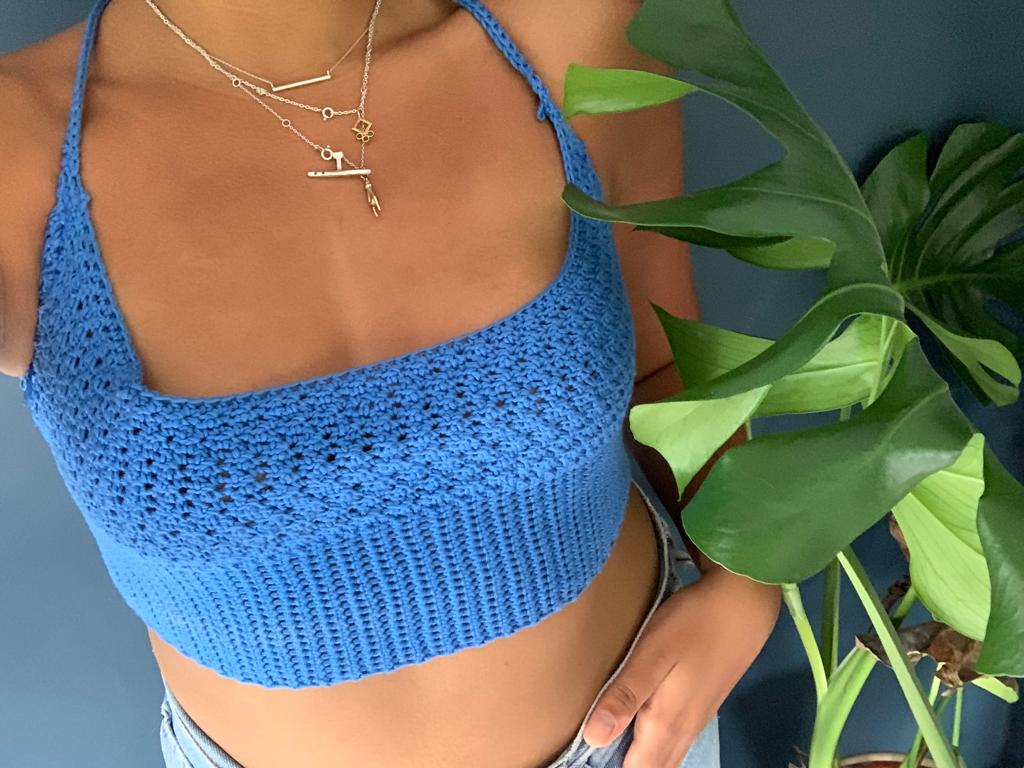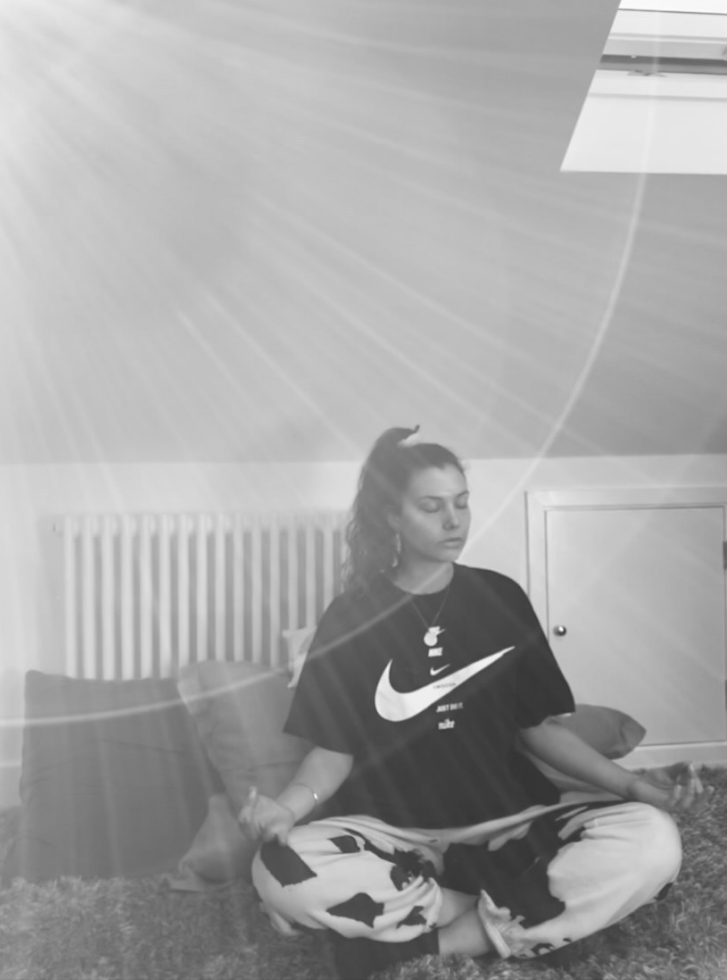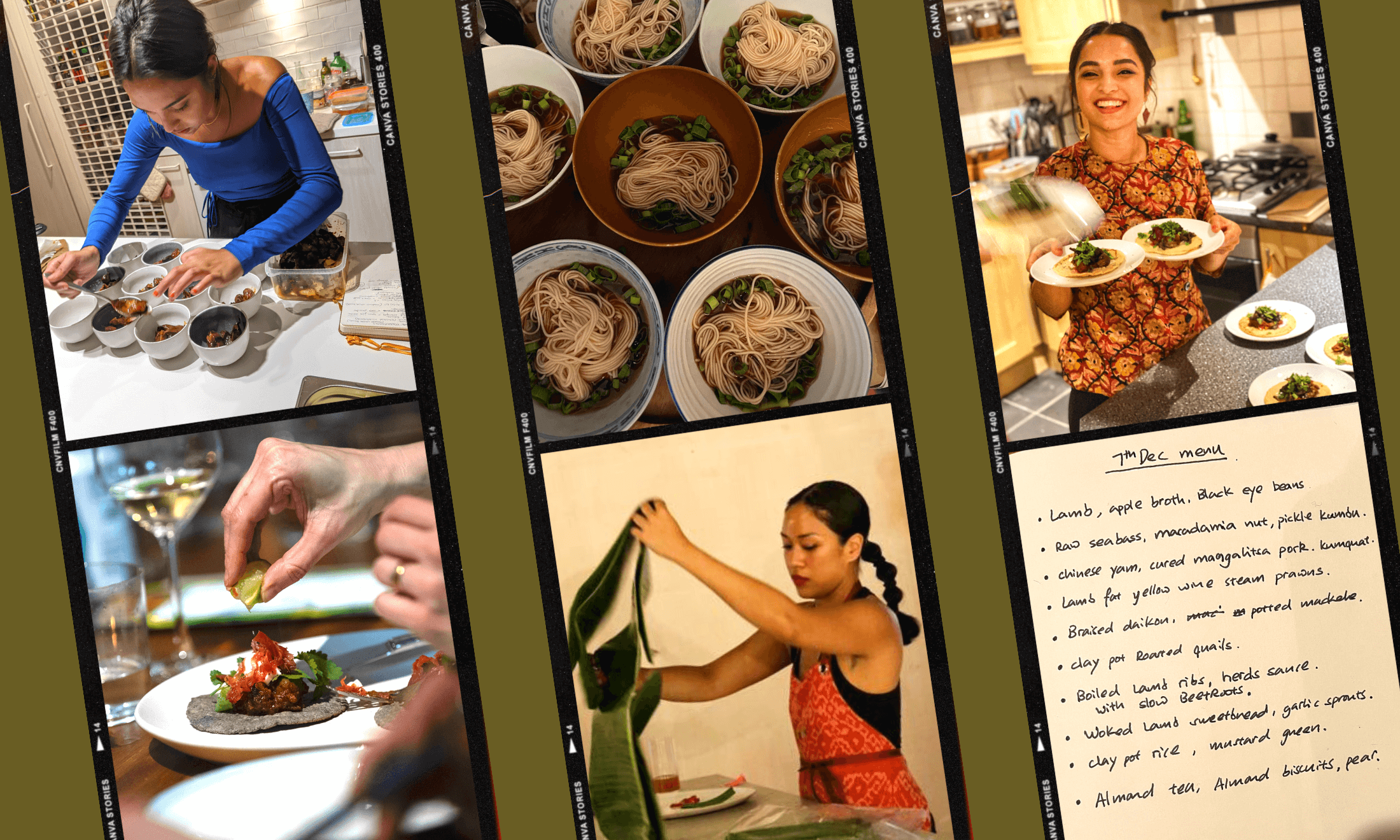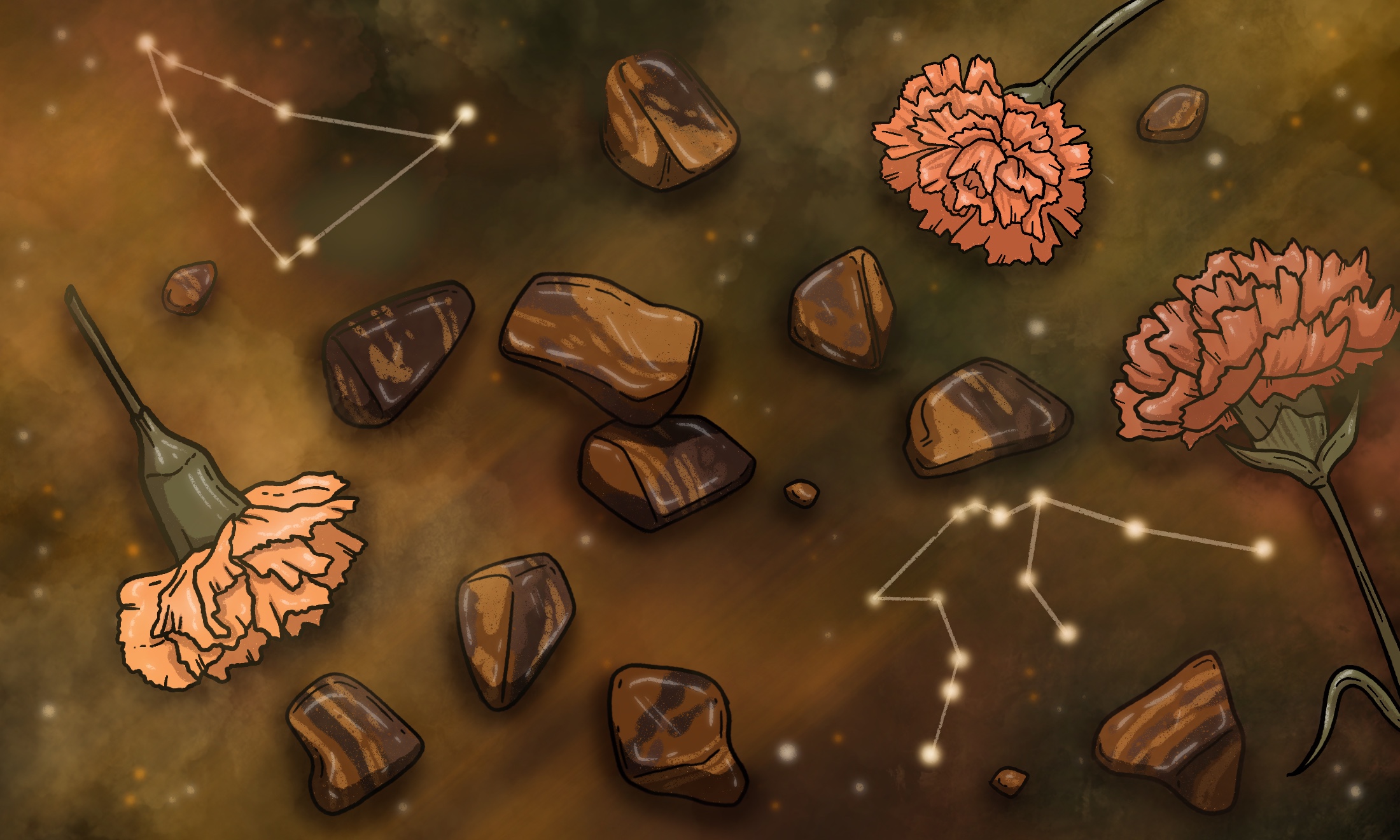
photography courtesy of interviewees
Crochet, pickles, hula hooping – are we keeping up the lockdown hobbies once we’re allowed outside?
From Wing Chun in the staff room to pickle making in the kitchen, the last 12 months have been filled with hobbies, but will we continue with our new activities after June?
Zainab Kwaw-Swanzy
20 Mar 2021
No one could have anticipated the chaos that Covid-19 would bring: facemasks, quarantine, loss, grief, government U-turns, conspiracy theories and the word ‘unprecedented’ cropping up everywhere. As we entered the first lockdown a year ago in March, blissfully ignorant about just how long this situation would continue for, many of us found solace in taking up new hobbies and activities.
I, for one, attempted to brush up on my languages – French and Swahili, my mother’s native tongue. Unfortunately, after a full day of working from home, the last thing I want to do is an activity that resembles even more work. Instead, I tried my hand at hula-hooping with Play Tone, an organisation that ran alternative fitness classes pre-pandemic, and pivoted to virtual lessons over lockdown. The ‘Hoop Tone’ classes gave me a reason to spend some time in the garden. I had a little hooping break over winter – it was too cold to practise outside and my mum didn’t want me hula-hooping indoors for fear of me destroying the house.
Now that spring is here and I’ve moved into my own flat, I’m back at it, often hula-hooping in the middle of my living room. It’s a fun, stimulating activity that temporarily takes my mind off life’s stresses. When restrictions are finally lifted this summer, I’d like to think that I’ll be out hooping in the local park at any given opportunity, but I wonder if I’ll abandon this new talent when I have the option to shop, dine, socialise and dance once the world opens up again.
I caught up with a few people who took up new hobbies last year, to find out what motivated them to do so and how it’s impacted them. Now that we seem to have a clear route out of lockdown, will any of us be continuing these hobbies post-June 21st? Or have we already left them in 2020?
Amy Penn, 28 – pickling
Amy became somewhat of a pickle connoisseur last year, after craving gherkins during the first lockdown and YouTube-ing how to make her own. “I wanted to give myself a goal. Having a sense of achievement was important to me at that time.” The sustainability of pickling also appealed to Amy. “Being half Filipino, my mom always taught me that food wastage is a big no-no. Pickling is an amazing way to preserve food and it’s easy to do.”
Now, Amy uses pickling as a way to connect with friends and family over lockdown by posting “pickle parcels” as a quirky gift. “Last year, I tried making a Filipino pickle called Atchara, which has received so many compliments from the aunties, in particular one who was struggling with her sense of taste and smell due to COVID-19. My mum even said that it ‘tasted like a Filipino made it’, which is probably the best compliment I could have received.”
Now that she’s cracked pickles, Amy is moving onto jams, sauces and chutneys and has even created an Instagram account to document her journey. Amy describes pickling as “an escape”, and doesn’t doubt that she’ll continue pickling post-lockdown. “It’s a great way to make sure food doesn’t go to waste and it’s fun to try out different recipes. Plus, a load of my friends have bought me pickling merch, so I can’t really go back now.”
Nnena Nwakodo, 27 – crochet
Already an experienced knitter, Nnena sought out a new challenge last March and started crocheting by looking up stitch patterns on YouTube. Crocheting allowed Nnena to spend time away from her phone, which is vital given most people’s screen time has skyrocketed over lockdown.
“In a year where we’ve been stuck in our houses, progress has felt like a distant memory. Seeing my progress with crocheting each week has made me so proud.” Nnena has crocheted tops, bikinis and matching two-piece sets for her friends. I was curious about whether she wanted to turn this into a business. “Everyone around me said I should. So I did, and after the first commission, I could feel a little bit of the fun and freedom slip away. We have such a tendency to monetise everything we do and I’m guilty of that! So I decided to keep it fun and just crochet things I want to crochet for the people I love.”
There has been pressure to be as productive as possible with our time in lockdown. You can’t go on social media without seeing posts preaching that “if you’re not using your time in quarantine to start a business/generate more income then you’re not making the most of lockdown”. We are in a whole pandemic – just getting through this period relatively unscathed is an achievement. Let the people enjoy things without feeling like they have to somehow capitalise on them.
So, will Nnena be crocheting even after June 21st? “100%. Catch me on the rush hour Victoria line, yarn and needle in hand.”
Sofia Bodger, 28 – breathwork
Sofia’s lockdown hobbies stemmed from finding ways to improve her mental health after feeling the weight of the pandemic and the murder of George Floyd last year. “During the first lockdown I was experiencing low-grade depression … I felt like I lacked focus,” she says. “I started breathwork to feel a sense of control over my low emotions and take myself out of the negative space I fell into.” Breathwork describes a collection of breathing exercises designed to improve one’s well-being. Sofia practices breathwork by tuning into Stuart Sandeman’s live morning sessions on Instagram.
Starting her day with breathwork has given Sofia a greater sense of mental clarity, reduced her stress levels and has helped her sleep better. “Breathwork is a journey; the more I practice the greater I feel. I no longer consider it a hobby but instead part of a routine I need to feel 100%”. Sofia has found something that has helped to improve her mental health and integrated it into her everyday life. Discovering ways to improve our mental health and well-being is so important, and Sofia has shown that this doesn’t have to be seen as a chore or a luxury.
Imahni Newton, 28 – Wing Chun
Imahni, a secondary school teacher, managed to find a lockdown hobby, despite working in school each day with a group of vulnerable students. He learned martial arts from Hakkan, a 57-year-old fellow teacher and successful Wing Chun (Kung Fu) Master.
Hakkan always wanted Imahni to try out Wing Chun, but it wasn’t until the majority of students were at home during lockdown that this became a possibility. “Whilst we were working within the same room, Hakkan began to train on his wooden dummy and saw me observing in awe.” A quieter and emptier school allowed Hakkan to teach Imahni Wing Chun during their breaks. “I’m getting lessons in an intricate type of martial arts but on top of this, lessons in both psychology and patience,” Imahni explains. “People think that martial arts is beating people up in a stylish manner but they don’t realise the discipline, determination and drive that it takes to advance and progress within it.”
With all students now back in school, the pair have found it harder to regularly schedule their lessons, but are trying their best. When it comes to continuing Wing Chun in the long term, Imahni thinks that “stopping this journey isn’t even a thought process”. Hakkan now wants Imahni to assist him in running his new Wing Chun school.
The last 12 months have been a horrible year in many ways, but the hobbies we discovered were one of the things that kept many of us going. Lockdown gave us the time to discover these hobbies, and as a result, they’ve positively impacted our physical, mental and emotional health. The question is, how can we prioritise these activities post-lockdown so we continue reaping their benefits?















